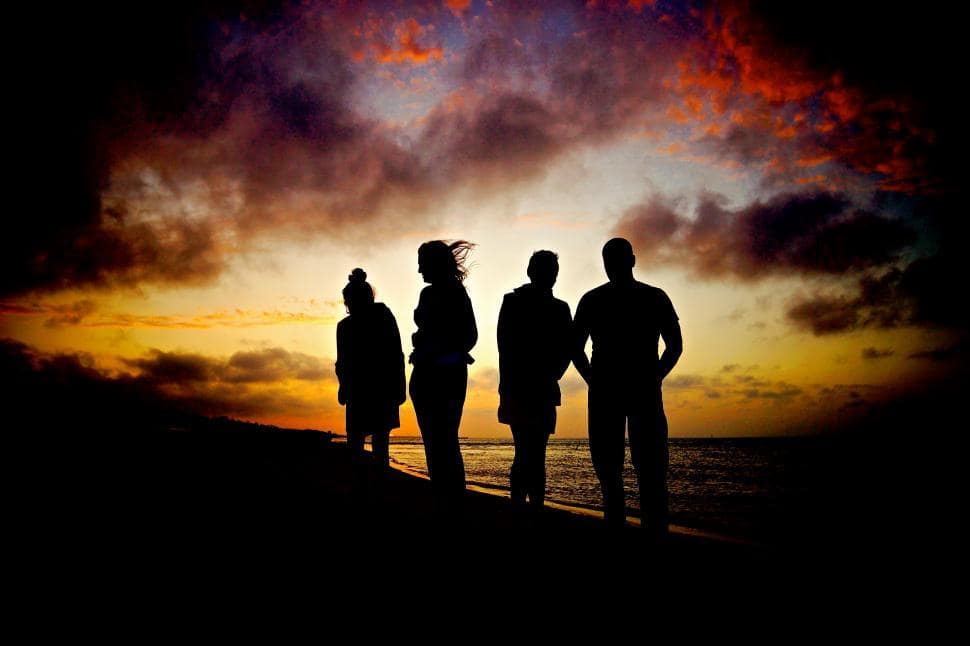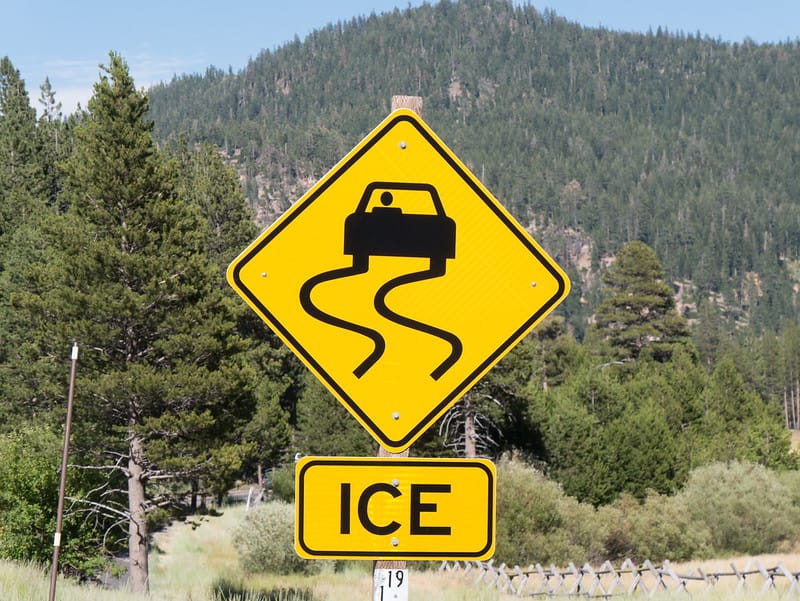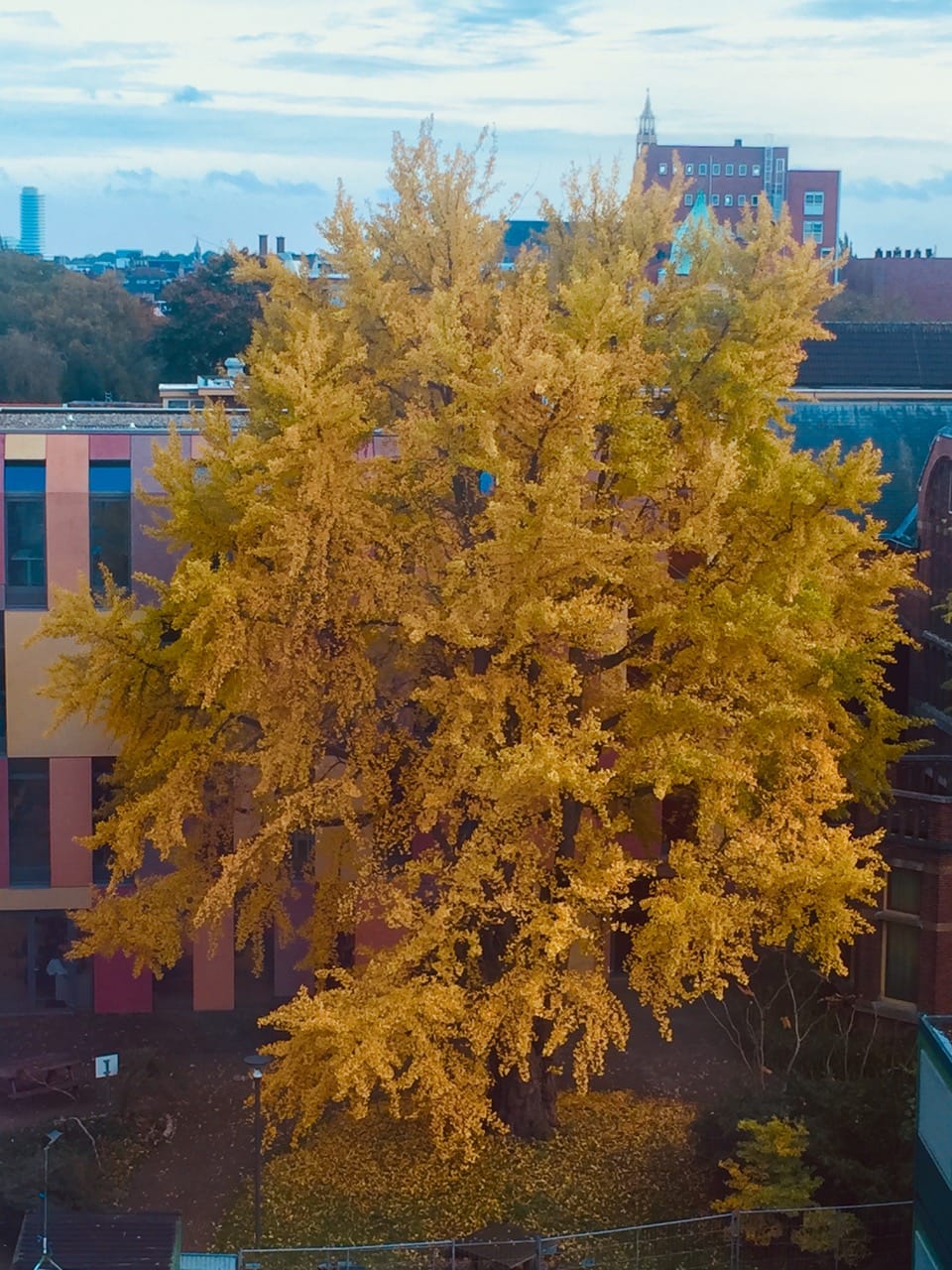In 2017, I travelled to the Great Barrier Reef, or rather, I happened to be in the area and felt like the next logical step would be to squeeze the Great Barrier Reef into my travel plans. Because, you know, who knows if I’d ever hang around that area again? At the time I was […]
Many women in rural Bangladesh have low power. How can social psychological insights help to strengthen the position of women? Madeline Langley, Farhana Tasnuva, and Nina Hansen set out to develop a social psychological training program for women’s empowerment in rural Bangladesh, building on needs that women voiced themselves.
This blog about the PhD thesis “Intrapersonal and Interpersonal Dynamics in Personality Expression: A Complex Dynamical, Enactive, and Embodied Account” by Nicol Arellano-Véliz, explores how embodied dynamics express personality, linking early motor patterns to adult traits and offering new insights into human behavior and development.
In this post, Annika Astengo explores the concepts of selection, evocation, and manipulation to describe how we actively shape our social environments. These ideas range from choosing the situations we find ourselves in to the subtle ways our personality traits evoke responses from those around us. The post reflects on how individual differences influence others and the situations within the social environments we are immersed in.
The article explores why the social sciences struggle more with crises than the natural sciences – and actually manages to round off with a positive outlook for the future!
t is often assumed that online discussions escalate because people become less socially concerned when they are anonymous, or because online messages are unclear and easily misunderstood. In her PhD-dissertation, which she defended on September 22, Carla Roos reveals that the opposite is often the case: online communication is sometimes so clear that it can make people appear antisocial.
What can the beautiful yellow tree in the Hortus garden by the Heymans building teach us about hope, well-being, and adversity? Tomorrow, Babet Kanis defends her dissertation on the role of hope in the context of Groningen earthquakes.
Why do people accept inequality, and sometimes even support policies that perpetuate inequality? In this post, Isabella Lanza Turner explores the issue from the perspective of System Justification Theory.
We rely on algorithms all the time, and assume that the underlying systems that inform the results they give are objective. But are they?
The first-ever presidency of a Black man was often conceived of as the long-awaited end of racial discrimination in the United States. In their wide-eyed optimism, many White Americans trivialized the systemic injustices that Black individuals continue to face and deemed policies in favor of racial equality no longer necessary.










